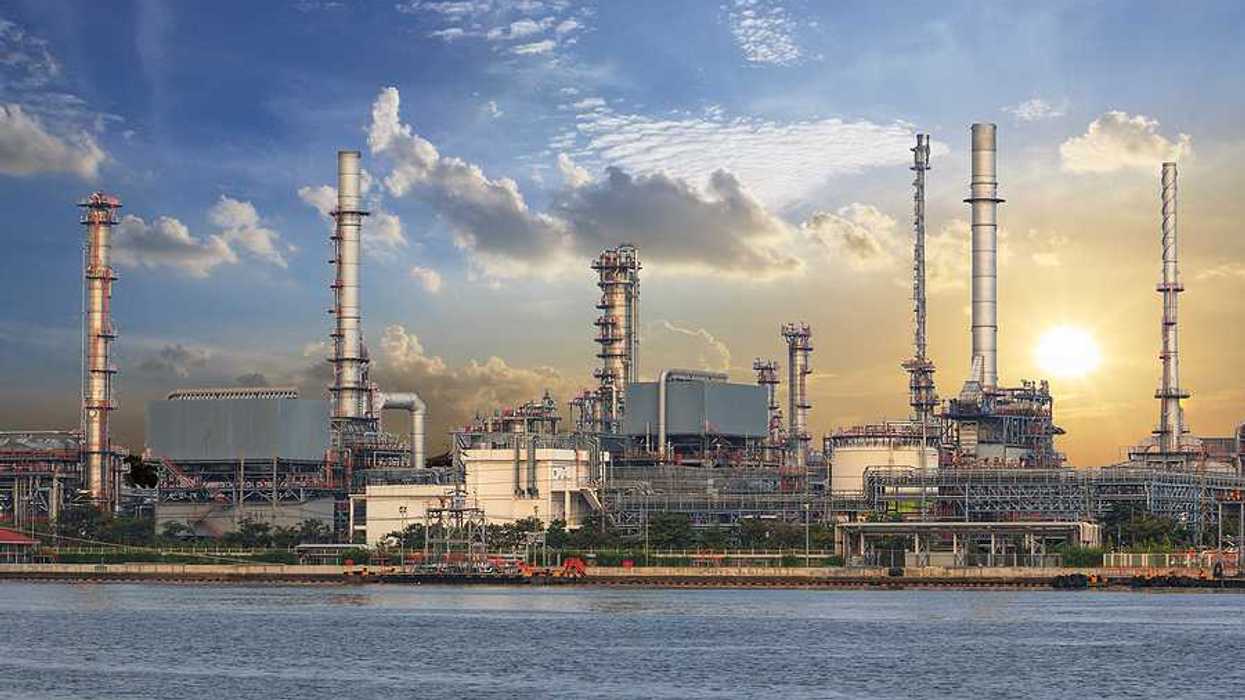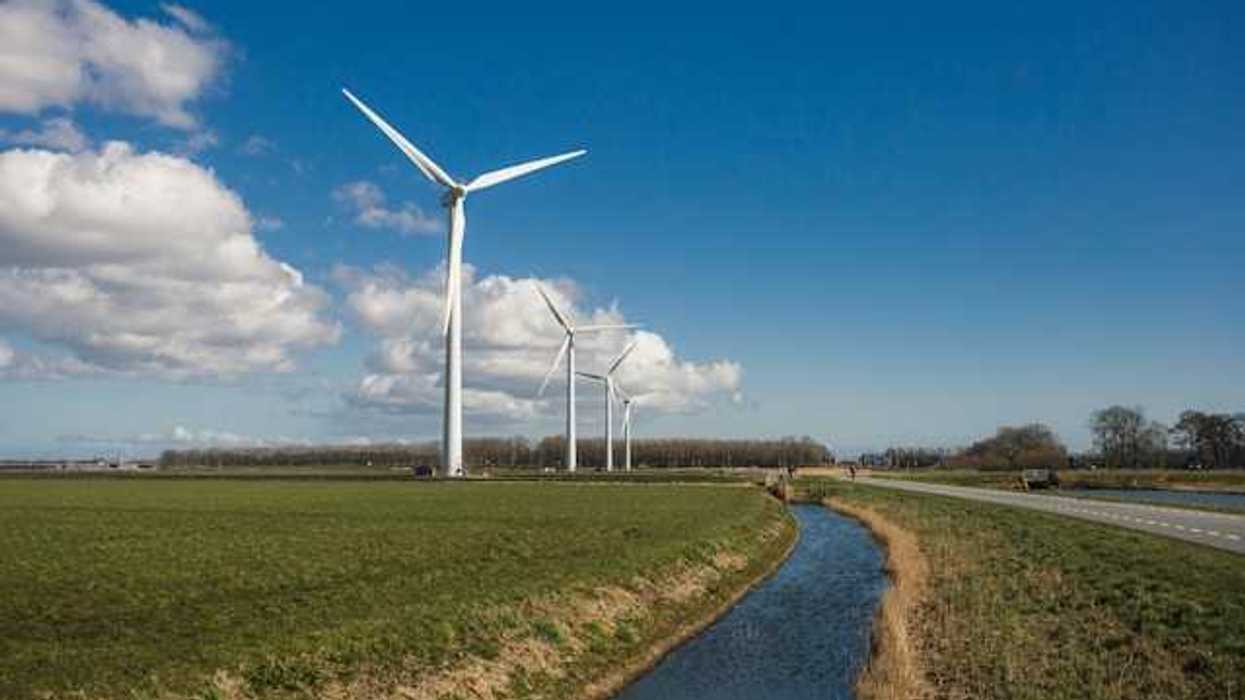The nation’s first carbon capture and storage project, located in Decatur, IL, has violated Safe Drinking Water Act regulations due to corrosion in a monitoring well, according to the EPA.
Sharon Kelly reports for DeSmog.
In short:
- The Decatur project, run by Archer-Daniels-Midland (ADM), was the first in the U.S. to inject captured carbon into deep wells for storage.
- EPA inspections found corrosion in a monitoring well used to detect leaks, prompting concerns about long-term risks to groundwater safety.
- ADM has plugged the affected well and stated that local drinking water remains unaffected.
Key quote:
“This incident puts an exclamation point on concerns communities across the country have been raising for years about the dangers the CCS industry poses to public safety and drinking water.”
— Jim Walsh, policy director of Food & Water Watch.
Why this matters:
Corrosion and leaks in carbon capture projects could threaten drinking water and public safety. Early issues like this may signal more severe problems as these facilities age, potentially undermining their role in climate solutions.














